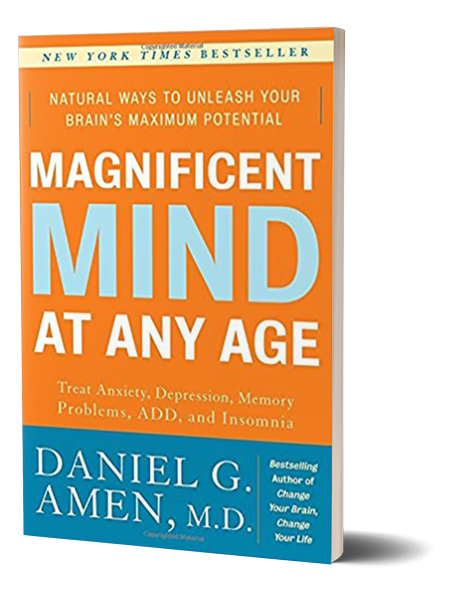I won’t lie to you, part of the reason I took an eight-month hiatus from writing the Drive Through Book Review, were demands outside of work. A big part, however, was a lack of any good books to review. I didn’t stop reading books. I read novels, theology, and politics. But you didn’t sign up for me to read novels (though I would recommend The Girl With The Dragon Tattoo, The Girl Who Kicked the Hornet’s Nest and The Girl Who Played With Fire as good reads AND as a source of good though-provoking discussion about the role of diagnosing mental illness in people as a way to limit their freedoms). You didn’t sign up for me to write about theology and you certainly didn’t sign up to have me write about politics.
The business, leadership, personal development and psychology books I’ve been reading in the last 8 months have been, in a single word, awful. When I find myself yelling at a book, shaking my head with disgust, calling the author nasty names, and refusing to read anymore, that’s usually a good sign that it’s not a very good book. I don’t want to waste our time with me becoming a grumpy critic of bad books.
A recent exception is Daniel Amen’s Magnificent Mind at Any Age. Amen does a fantastic job of describing the biological underpinnings of many of the emotional and cognitive problems that people face today. The great thing about Amen’s book is that he comes up with what he calls “skills not pills.” Amen does a superb job of describing non-medical interventions for people to resolve anxiety, depression, hyper-activity, and a host of other emotional and cognitive problems. The thing I think he does exceedingly well is describing natural and over-the-counter remedies for many of these problems. These solutions avoid prescription drugs and have, in some cases, as good as or better results than the prescription drugs. His emphasis on his SPECT brain scanning technology is the highlight of the book and where he is his strongest.
If you would like to figure out how to resolve some of your difficulties or the difficulties someone you love is experiencing – without medical intervention – give Amen a read.
Quibble. When Amen goes outside of his SPECT brain scanning technology and begins to register his opinion on things like self-esteem and his kids’ emotional troubles, he tends to wander far away from the data and leans more on his opinion. Skim or skip those sections all together.

